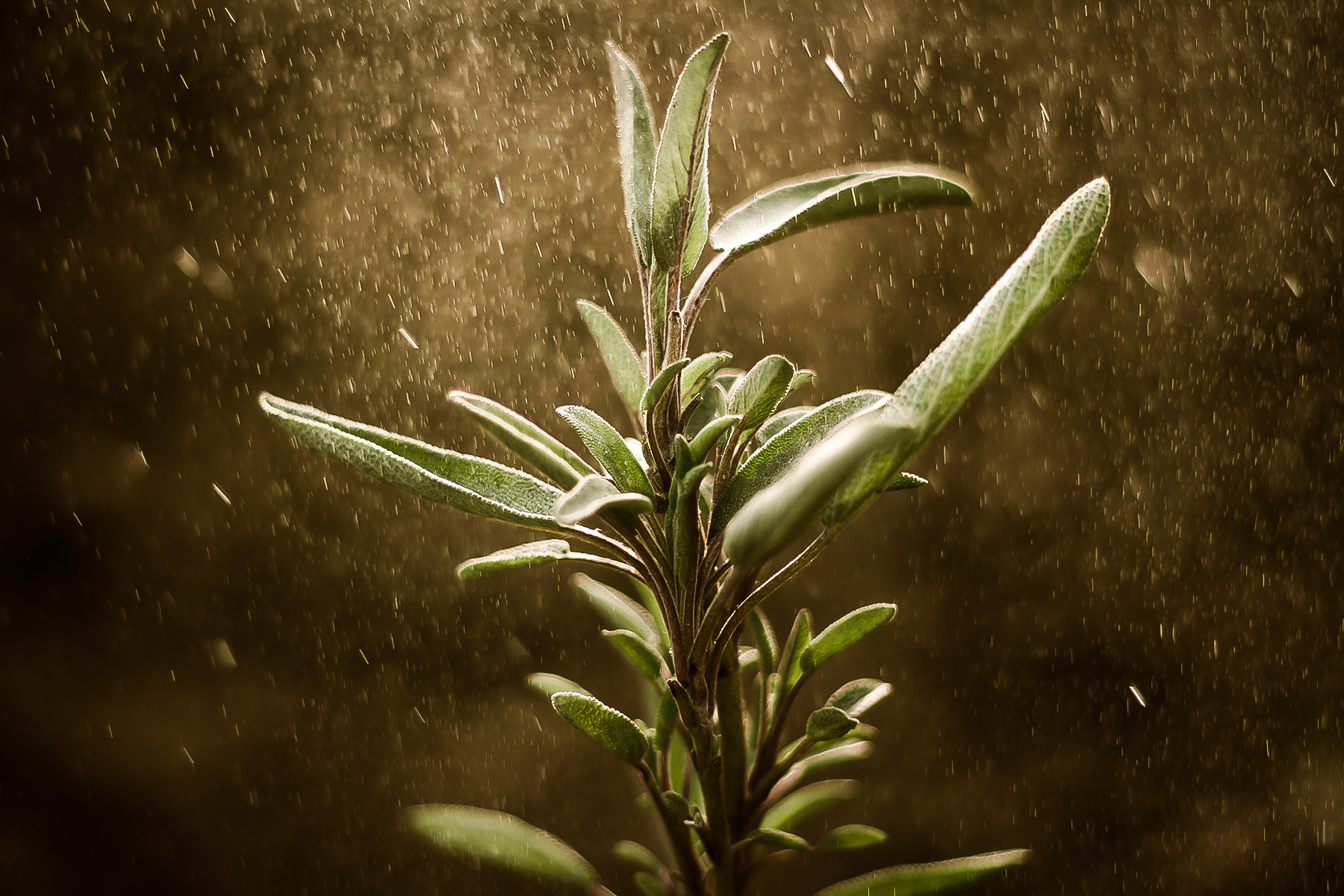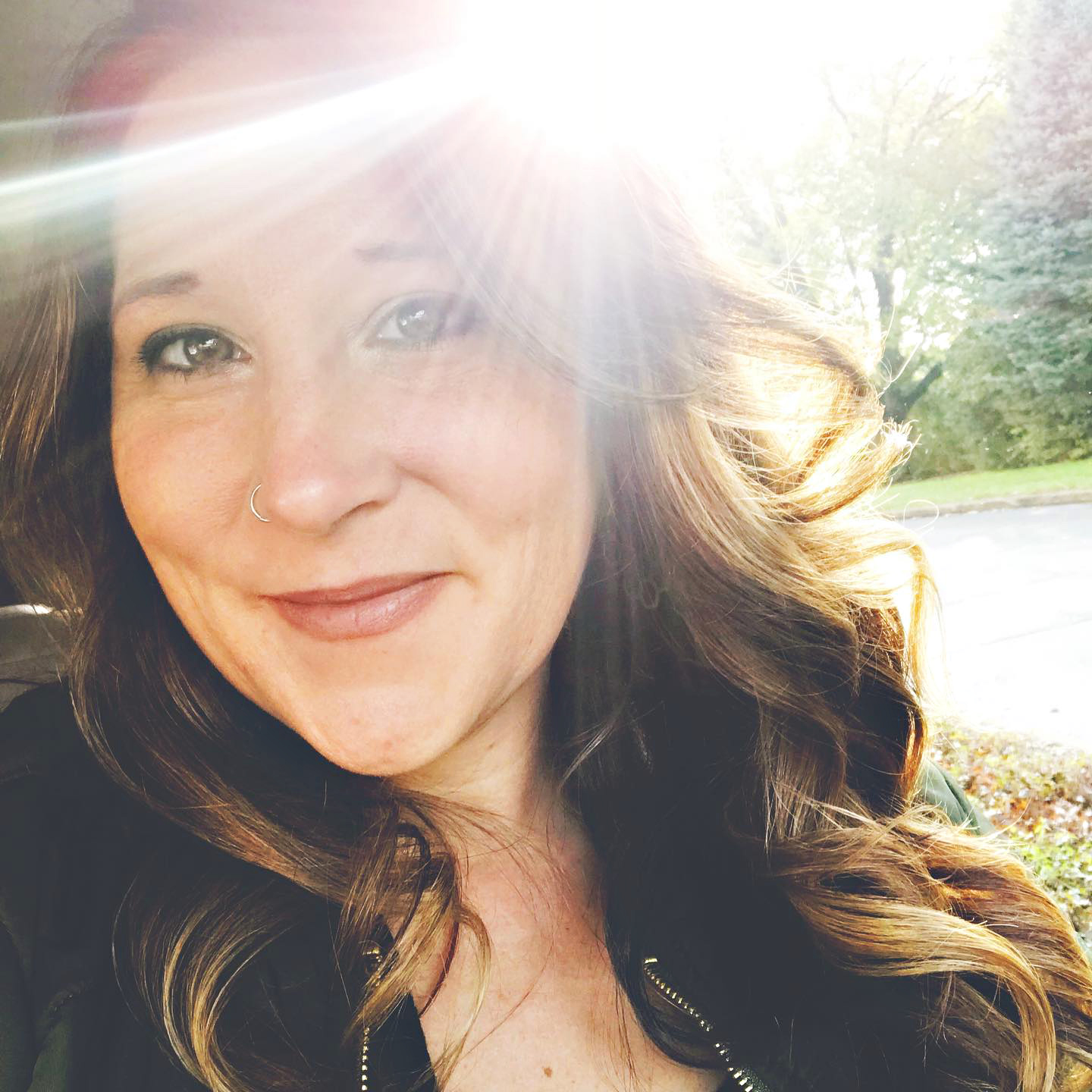The little stream sings
in the crease of the hill.
It is the water of life.
It knows nothing of death, nothing.
And this is the morning
of Christ’s resurrection.
The tomb is empty. There is
no death.
Wendell Berry, “IV”
We had a garden in the back yard of the house where we became a family. My husband built it for me at my request, despite the fact that my thumbs are notoriously black. He built it out of love, not out of expectation or obligation. I remember that, whenever I flip through the photos of him in the yard with my boys—so small in that season, before either of their sisters were born. It took wheelbarrows of soil to fill the ten-by-twelve raised bed. But no one complained. We simply filled, dumped and raked until it was ready. Fresh earth. Fertile ground. This was more than a metaphor, then. It was a season of planting, both for us, and for God.
“O You who hear our prayer, to You shall all flesh come.”
~Psalm 65:2
The sober season of Lent always finds me saggy with expectation. I try to let myself experience the weight of it, even as I sometimes feel caged and pressed by its darkness. Forty days in the wilderness is a long time, and I am too hungry for the post-fast celebration. I consider skipping straight to Easter Sunday in my heart—wouldn’t that be nice? Wouldn’t that be something special? I nod to myself, answering my own questions. I know the value of Lent, I know I won’t skip it. And perhaps it’s this knot situated in the middle of my chest that makes the everlasting hope of Easter that much more beautiful, that much more worth the wait.
The planting of the backyard garden was tedious, but easy. The watering, too. It was the waiting that tested us. It’s always the waiting. I helped myself to discarded gardening books on the donation shelf at the library, but used them primarily as a visual stimulant, rather than sources of proper study. In the afternoon while my children romped wild in the backyard, I sat on the patio beneath the pergola festooned with the sturdy limbs of an old trumpet vine, with the books in my lap. I pored over lush images of other people’s gardens, and imagined my own garden achieving such a state of glory.
Some gardens pictured in the books were heavily manicured, so meticulously pruned, while others bloomed wild, with sprawling gray-green tendrils of lavender stretching upwards and falling pell-mell all over itself, and melon vines spilling over borders, onto mossy edged pathways. In my favorite images, Black-eyed Susans craned their long stems upward, while ferns, hostas, and other low-growing plants covered any remaining square inch of soil. Sweet pea vines and other delicately tendrilled varieties climbed handcrafted trellises, and in the middle of all this lushness, a bench for sitting.
These wild looking gardens are always my personal favorites. But even the wildest gardens in these books bore the hint of attention. These were not accidental.
“By awesome deeds You answer us with righteousness, O God of our salvation, the hope of all the ends of the earth and of the farthest seas.” ~Psalm 65:5
Because I didn’t care to actually study the books on gardening, I mostly used the soil as it was. I tossed some peat moss in for good measure, but the science behind checking PH-levels and such, bored me. I would garden the way I had done most everything else in my life, by the seat of my pants, by trial and error, in hope and with expectation, plus a bit of prayer, and a nagging persistence.
Early in the morning or late in the evening, I’d stand barefoot on the cool stepping stones that ran between the rows we’d planted, admiring initially, the freshly turned soil, then in time, the sprouts, and eventually, the fruit of our labors. I photographed the stages of growth like a journalist, like a proud mother. But I knew full-well that the growth surrounding me had little to do with my effort. I’d been too haphazard to have been able to take credit for the abundance of cucumbers that overwhelmed us, or the peppers that changed like magic, from deep purple to orange and yellow before we’d picked them.
I never read much more than what was printed on the backs of the seed packets. I planted seeds, watered them, and I prayed Psalms over the soil.
“You visit the earth and cause it to overflow; You greatly enrich it; The stream of God is full of water; You prepare their grain, for thus You prepare the earth.” ~ Psalm 65:9
I sowed in hope.
I live in a new home now with no garden. I’m overwhelmed this season with an inconvenient urge to tend something—to watch something grow. So, during what has turned out to be one of the most impossible Lenten seasons in my lifetime, I planted seeds in the middle of my living room, in a five-dollar seed tray from the local hardware store. I planted them in that room because it’s where the sun shines nearly all day. I confess I don’t have much respect for the builder of our home on account of some questionable goings-on back when we purchased the house, but I will give them credit for how they positioned this floorplan on this lot. If the sun is out, the whole house is lit from dawn to dusk. The way the light floods this space is what captured my affections when we were house hunting. It overwhelmed me.
The family room is as fine a space for growing things as any back-yard garden. And anyway, it’s temporary. Eventually, these sprouts will need to be transplanted.
Thinking about the overwhelm of light, about the inevitability of spring, the promise of growth, has been one of the few things encouraging me during this difficult season. Thinking about the way God tends the seeds we plant with good intention but little know-how, reminds me that nothing is beyond His reach. It’s His kindness that fills in our holes. He is always more than sufficient for our lack.
Many of us find ourselves with our hands suddenly emptier than we are accustomed to. Our calendars have all be wiped clear, thanks to a pandemic, and a host of closings. I have more time on my hands than I have had in months, and it has been both disorienting, and, a backhanded gift.
These strange days have me wondering if, perhaps, our work is simpler than we make it out to be. Maybe, all that is required of us is attentiveness, is presence, is acknowledgement of what is, and Who is holding all things. The stripping season of Lent has a knack for knocking down the extras, the things we think we need, but don’t. The habits we think are helping us, but are in fact only a distraction from the main thing.
When I look back on that season of experimenting in my backyard garden, I can’t help but acknowledge that despite my novice and somewhat carefree approach, things still grew. They not only grew, they thrived. I followed only the basic directions on the backs of those seed packets. It was all I could manage in those days of toddlers and babies. And then, we produced edible vegetables from that small plot without all of the complicated know-how of professionals. And while this isn’t an argument for not doing the work, it is a testament to doing only what one can manage—it’s a pitch, I suppose, for simplifying.
The simple act of planting seeds reminded me that my role is simple. Plant the seed. Do the quiet work. Trust God for the rest.
Despite this unrequested gift of time on my hands, my capacity to manage feels diminutive in comparison. The emotional upheaval of living through a pandemic (or any other wilderness season) makes simple tasks feel unreasonably difficult. So many of us are learning what it looks like to put one foot in front of the other, deliberately, thoughtfully. The rush-rush of our usual habits have been halted for the time being.
Maybe today, we do the small, uncomplicated thing. We plant the seed. We raise the shades and let the light in, we pray the Psalms over our homes, our garden beds, and our own hearts, and we trust that our suddenly simplified lives, are more than enough. Our sequestered lives are not invisible to Him. This is a season of planting. It is not a metaphor.
“The pastures of the wilderness overflow, the hills gird themselves with joy, the meadows clothe themselves with flocks, the valleys deck themselves with grain, they shout and sing together for joy.” ~ Psalm 65:12-13
We sow in hope.
[1] Berry, Wendell. Poem “IV” 2003, This Day, Collected and New Sabbath Poems. Counterpoint, 2013.
The featured image is courtesy of Anton Darius on Unsplash, and we give hearty thanks for his generosity and his amazing photographic eye!
As a sequin-wearing, homeschooling mother of four, Kris is passionate about Jesus, people and words. Her heart beats to share the glorious truth about life in Christ. She’s been known to take gratuitous pictures of her culinary creations, causing mouths to water all across Instagram. Serving as an advocate for Compassion International, Kris is Managing Editor of The Cultivating Table for Cultivating. She is the author of, Come, Lord Jesus: The Weight of Waiting and Holey, Wholly, Holy: A Lenten Journey of Refinement, and Everything is Yours. Kris is the founder and host of Refine {the retreat}. She writes at kriscamealy.com.
Leave a Reply
A Field Guide to Cultivating ~ Essentials to Cultivating a Whole Life, Rooted in Christ, and Flourishing in Fellowship
Enjoy our gift to you as our Welcome to Cultivating! Discover the purpose of The Cultivating Project, and how you might find a "What, you too?" experience here with this fellowship of makers!


Beautiful, Kris! Thank you for sharing this. I loved these lines: ” … perhaps, our work is simpler than we make it out to be. Maybe, all that is required of us is attentiveness, is presence, is acknowledgement of what is, and Who is holding all things.”